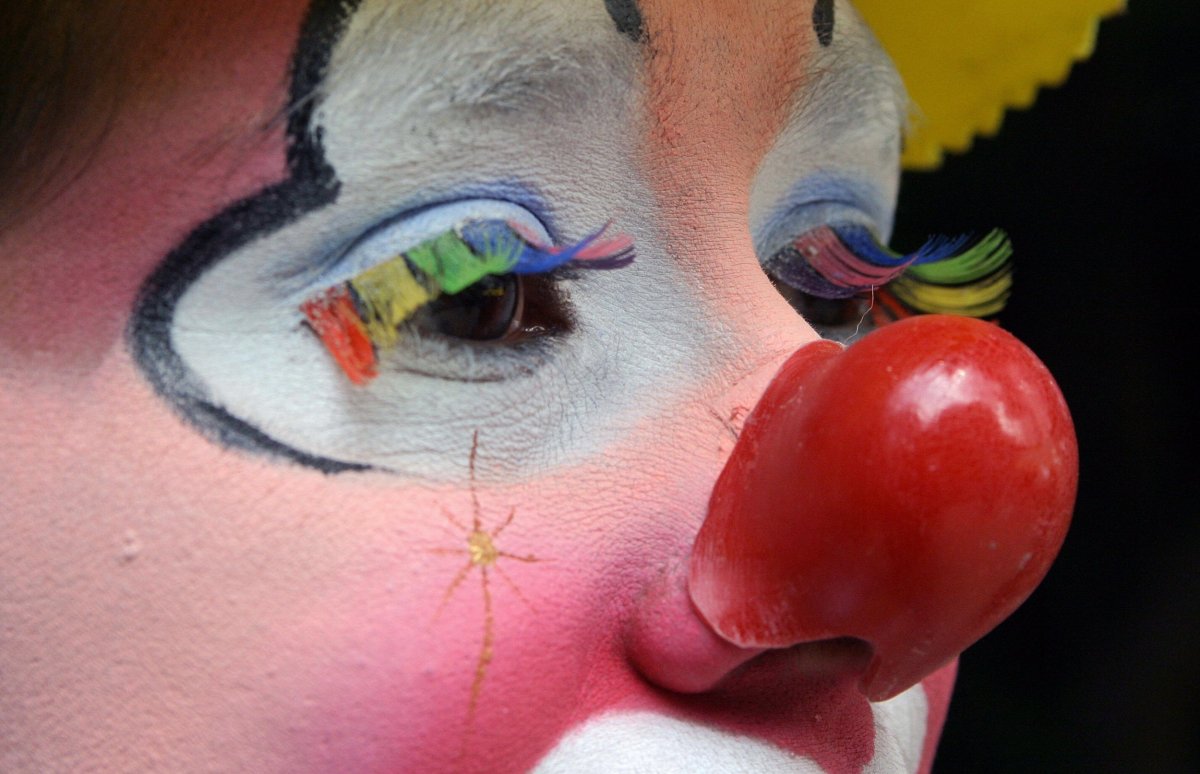For hundreds of years, people around the world have been using April 1 as an excuse to play (mostly) good-natured tricks and pranks on their friends, all in the name of April Fools' Day.
While many people have known what April Fools' Day is all about since they themselves were children, most are less clear is just how the annual day of jokes came about.
One of the more accepted theories is that April Fools' Day began in 1582 after Pope Gregory XIII ordered that the Gregorian Calendar replace the Julian Calendar. The change meant that New Year's Day got moved in France from April 1 to January 1 that year.
When people in France continued to celebrate the new year in April, either through ignorance or a refusal to accept the new calendar, they were teased by those who kept with the change as "April Fools."
However, as noted by InfoPlease, this does not explain how the tradition spread across Europe and the rest of the western world. Britain also did not adopt to the new calendar until 1752, by which point the tradition believed to have existed there for hundreds of years.
According to another folklore theory, April Fools' Day began in the 13th century, when the residents of Gotham began acting crazy in order scare off King John's men, who had come to visit the town to assess whether the king should acquire the land and turn it into grounds for hunting, reports Historic U.K.
Yet another disputed theory is that the origins stem from a line from Geoffrey Chaucher's 1392 book The Canterbury Tales. "The controversy is over what Chaucer really wrote and whether there can be a direct link to April Fools' Day," Simon J. Bronner, a professor of American Studies and Folklore at Penn State, told Time.
"The line in question is '32 March,' which was thought to be a joke because there is no March 32, but there are some medievalists who claim it was a misprint."
There is also speculation that Chaucer probably meant to write 32 days after March, which would be May 2, but it has been misinterpreted to mean April 1 down the years.
As reported by Vox, the first clear and documented mention of April Fools' Day didn't occur utill the early 18th century after the line "Whence proceeds the custom of making April Fools?" appeared in the British Apollo magazine in 1708.
Other theories surrounding the origins of April Fools' Day include links to the vernal equinox—the first day of spring in the Northern Hemisphere—because of how the frequent changes in weather had fooled people, as well as suggesting it is tied to the ancient Rome holiday of Hilaria. During the end-of-winter celebration which took place on March 25, revelers were encouraged dress up and play games and pranks on each other.
Whatever its origins, April Fools' Day evolved to such an extent that the world's media cant help but also get involved.
Some of the most famous April Fools pranks down the years include Taco Bell announcing in a full page advert taken out in several leading U.S newspapers that they had bought the Liberty Bell in order to help reduce the national deficit.
In 1957, the BBC's flagship current affairs programmed Panorama also ran a segment claiming that spaghetti grows on trees in Switzerland, showing people harvesting strands like crops and leaving them in the sun to dry.

Uncommon Knowledge
Newsweek is committed to challenging conventional wisdom and finding connections in the search for common ground.
Newsweek is committed to challenging conventional wisdom and finding connections in the search for common ground.
About the writer
Ewan Palmer is a Newsweek News Reporter based in London, U.K. His focus is reporting on US politics, domestic policy ... Read more
To read how Newsweek uses AI as a newsroom tool, Click here.








